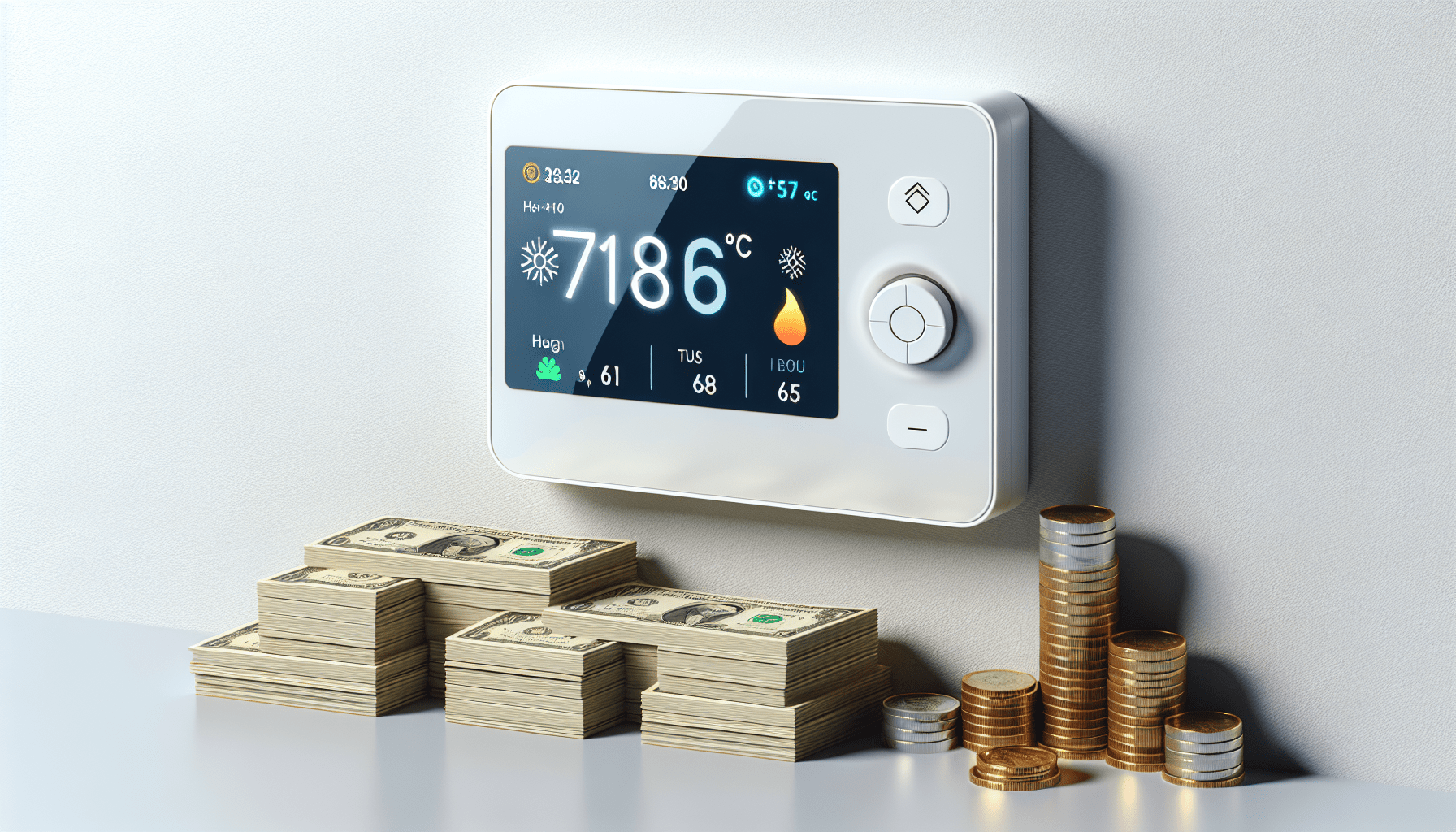If you’re considering upgrading your home to a smart home system, you may be wondering if there are any tax incentives available to help offset the costs. Fortunately, there are some potential tax incentives for smart home installations that can make investing in this technology even more appealing. By taking advantage of these incentives, you can not only enjoy the convenience and savings that come with a smart home, but also potentially save money on your taxes. So, before diving into your smart home project, be sure to explore the tax benefits that may be available to you.
Are There Any Tax Incentives For Smart Home Installations?
Are there any tax incentives for smart home installations? If you’re considering upgrading your home with smart technology, you may be wondering if there are any financial benefits available to you. In this article, we’ll explore the possibility of tax incentives for smart home installations and provide you with the information you need to make an informed decision.
Understanding Smart Home Installations
Before we dive into the potential tax incentives available for smart home installations, let’s first understand what smart home technology entails. Smart home technology refers to the integration of devices and systems within a home that can be controlled remotely or automatically. These devices can include smart thermostats, lighting, security cameras, door locks, and more.
How Smart Home Technology Works
Smart home technology typically relies on a centralized hub or a network of devices that communicate with each other. This allows you to control various aspects of your home, such as temperature, lighting, and security, from a single app or device. Many smart home devices also have the capability to learn your preferences and adjust settings automatically.
Tax Incentives for Energy-Efficient Upgrades
One of the main reasons people choose to install smart home technology is to increase energy efficiency in their homes. Energy-efficient upgrades not only help reduce utility costs but also have a positive impact on the environment. As a result, many government agencies offer tax incentives for making energy-efficient improvements to your home.
Federal Tax Credits
The federal government offers tax credits for certain energy-efficient upgrades, such as installing solar panels, energy-efficient windows, and HVAC systems. While smart home technology itself may not qualify for these tax credits, the energy savings that come from using smart devices can contribute to your overall energy efficiency.
State and Local Incentives
In addition to federal tax credits, many states and local governments offer their incentives for energy-efficient upgrades. These incentives can vary widely depending on where you live, so it’s essential to research what programs are available in your area. Some states may offer rebates or tax credits for installing smart thermostats, efficient lighting, or other smart devices.
Tax Incentives for Home Automation Systems
Another reason people invest in smart home technology is for the convenience and security that home automation systems provide. Home automation systems can include smart locks, security cameras, and sensors that monitor your home for potential hazards. While these devices may not directly reduce energy consumption, they can still qualify for tax incentives in some cases.
Home Security Tax Credits
Some states offer tax credits for installing home security systems that meet specific criteria. These credits can help offset the cost of purchasing and installing smart security devices in your home. Additionally, certain insurance companies offer discounts on homeowners’ insurance premiums for homes equipped with security systems, which can result in further savings.
Smart Home Integration Credits
If you are considering a comprehensive smart home integration system that connects all of your devices, you may be eligible for tax credits or rebates. These credits can help offset the cost of purchasing and installing a centralized smart home hub that controls all of your devices. By integrating all of your smart devices, you can create a seamless and efficient home automation system that enhances your quality of life.
Employer-Sponsored Incentives for Smart Home Installations
Some employers offer incentives for smart home installations as part of their employee benefits packages. These incentives can come in the form of discounts on smart home devices or reimbursement for the cost of installing smart technology in your home. If you are unsure if your employer offers these incentives, be sure to ask your HR department for more information.
Employee Wellness Programs
Employers may offer incentives for smart home installations as part of their employee wellness programs. By promoting a healthy work-life balance, employers recognize the importance of creating a comfortable and secure home environment. As a result, they may provide financial incentives for employees to invest in smart home technology that enhances their well-being.
Home Office Tax Deductions
If you work from home, you may be eligible for tax deductions related to your home office setup, including smart home technology. Expenses related to setting up a home office, such as purchasing a smart desk, ergonomic chair, or smart lighting, may be deductible on your tax return. Be sure to consult with a tax professional to determine what home office expenses are eligible for deductions.
Conclusion
In conclusion, while there may not be specific tax incentives for smart home installations, there are opportunities to save money through energy-efficient upgrades and home automation systems. By leveraging federal, state, and employer-sponsored incentives, you can offset the cost of investing in smart technology for your home. Be sure to research what programs are available in your area and consult with a tax professional to maximize your savings. With the right incentives, upgrading your home with smart technology can be both financially rewarding and environmentally friendly.




